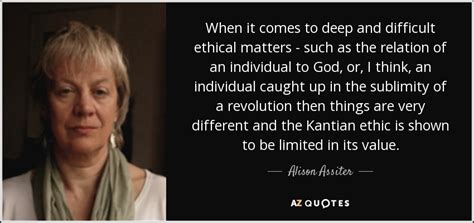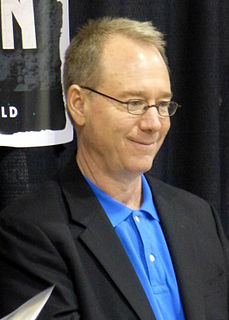A Quote by Kathy Acker
I understand that postmodern literature probably means people like DeLillo, The Fiction Collective, but I don't get it that those writers are really influenced by postmodern theorists.
Related Quotes
Postmodern irony and cynicism's become an end in itself, a measure of hip sophistication and literary savvy. Few artists dare to try to talk about ways of working toward redeeming what's wrong, because they'll look sentimental and naive to all the weary ironists. Irony's gone from liberating to enslaving. ... The postmodern founders' patricidal work was great, but patricide produces orphans, and no amount of revelry can make up for the fact that writers my age have been literary orphans throughout our formative years.
Terrorists are people, too - they are given to error. Naipaul and then DeLillo do a good job in their novels of drawing this out: I'm thinking of DeLillo's contention in 'Mao II' that terrorists have replaced writers as the people who 'alter the inner-life of the culture.' I thought that was marvellous!
The postmodern reply to the modern consists of recognizing that the past, since it cannot really be destroyed, because its destruction leads to silence, must be revisited: but with irony, not innocently. I think of the postmodern attitude as that of a man who loves a very cultivated woman and knows he cannot say to her, I love you madly, because he knows that she knows (and that she knows that he knows) that these words have already been written by Barbara Cartland. Still, there is a solution. He can say, As Barbara Cartland would put it, I love you madly.






































